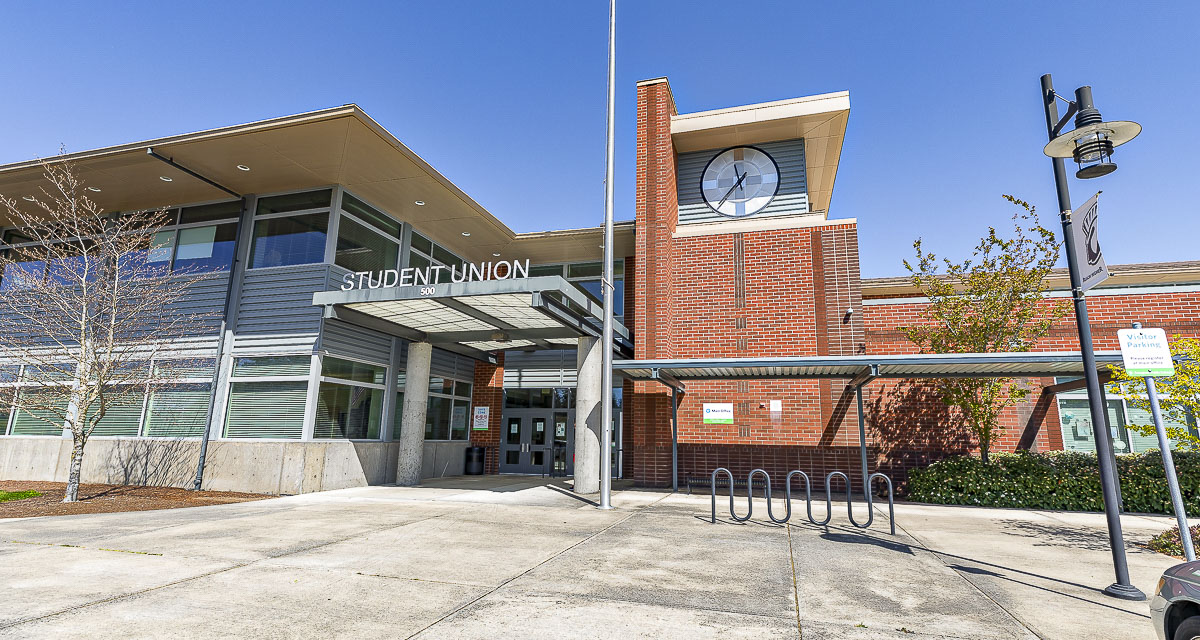
Liv Finne of the Washington Policy Center says the data shows that adding more billions to the current system won’t help children learn
Liv Finne
Washington Policy Center
Recently state schools superintendent Chris Reykdal announced that he plans to ask the legislature for another $2.9 billion for public education. This would be on top of the current $20.1 billion education budget.

Like the changing leaves of Fall, every year around this time Reykdal asks for more money.
Let’s ask ourselves, Will pouring in more money make a difference to children? The data shows the answer is “No.” For years the state has increased education spending, and the result has been declining academic standards and falling enrollment.
State data shows that in the last six years 43,000 students have left the public system, a 4% drop. Total public school enrollment in 2024-25 is 1.058 million students. In 2019-20 that number was 1.10 million.
Over the same period the legislature increased per-student funding by nearly $3,000, boosting it from $12,366 in 2019 to $15,177 today. (See Legislative Budget Notes, pages 0-332 and 0-333, https://fiscal.wa.gov/lbns/2024LBN.pdf.)
When you add federal and local money, total per student funding is $19,163. (See fiscal.wa.gov, https://fiscal.wa.gov/K12/K12FinanceStatewide)
More money has resulted in lower-quality education for children. Public data shows that in 2019 public schools were educating 60% of students at grade level in English, and 49% at grade level in math. In 2024 public schools are teaching only 50% of students at grade level in English and just 40% at grade level in math – a decline of ten percentage points.
Today, public schools are failing to teach a large share of students adequately in basic English and math skills. (See https://reportcard.ospi.k12.wa.us/ReportCard/ViewSchoolOrDistrict/103300
The evidence shows that pouring more money into a bureaucratic system has not improved outcomes for students. In fact, fueling special interest greed within a top-heavy and highly politicized government program is probably making it worse.
Yet interestingly, there is one education program that is thriving. Charter public schools are popular with parents and have rising enrollment. In 2019, 2,866 students attended charter schools. In 2024 enrollment has risen to 5,409, an 89% increase. (See page 0-332 of the state budget, Legislative Budget Notes.)
The flexible and innovative learning methods of charter public schools are delivering academic success for children. The State Board of Education recently commended Washington charter schools for achieving better results for Black, Hispanic, special needs students, and for English Language Learners. (See page 6 of the State Board of Education report.)
Charter schools disproportionately serve low-income, minority students, but the powerful WEA union hates charter schools. Union lobbyists work hard in the legislature to block charter school growth and starve their funding.
If Superintendent Reykdal wants to improve child learning he should put $2.9 billion into funding charter schools, the one program in the system with growing enrollment. He should also repeal the ban that stops communities from opening new charter schools. That way more families could have access to a better public school for their children.
The data shows that adding more billions to the current system won’t help children learn (although the union will love it), but expanding family access to the state’s most successful and popular learning program just might.
Liv Finne is the director of the Center for Education at the Washington Policy Center.
Also read:
- Letter: ‘There will be consequences’Hazel Dell resident Bob Zak criticizes Democratic lawmakers for advancing ESSB 5181, arguing it undermines parental rights and defies biblical principles.
- Op-Ed: La Center Schools — Committed to families and their childrenIn a public letter, the La Center School Board and Superintendent Peter Rosenkranz affirm their commitment to supporting families and honoring both state law and community values amid state-level scrutiny.
- Letter: Mayor blames others on homelessness problem in Vancouver while she has enabled a lawless encampment zoneVancouver resident Peter Bracchi urges city leaders to enforce laws and end permissive policies that have allowed unsafe encampments to overrun public spaces near the Share House.
- Letter: ‘Look it up for yourself’Camas resident Anna Miller encourages skeptics of Elon Musk’s claims about government waste to do their own research using official resources.
- Opinion: Defending the indefensibleNancy Churchill argues that Washington’s lawsuit against a sheriff cooperating with ICE reveals a deeper political agenda that puts public safety at risk.











State school’s superintendent wants to spend $2.9 billion more on a system that is losing students and cutting academic standards. Why are parents and taxpayers NOT concerned? This is robbery! Has the fluoride dumbed us down so much, everyone is letting this happen! The schools deserve to fail. The public-school teachers don’t teach. Most alternative choices are better than any public school.
People need to be asking how much of that money is going directly into the classroom and not into creating new “positions” for “administrators” who are not in the classroom. For some in your local district, it’s more important to create new positions in he district to reward “friends and colleagues” that do next to nothing to improve education in the schools.